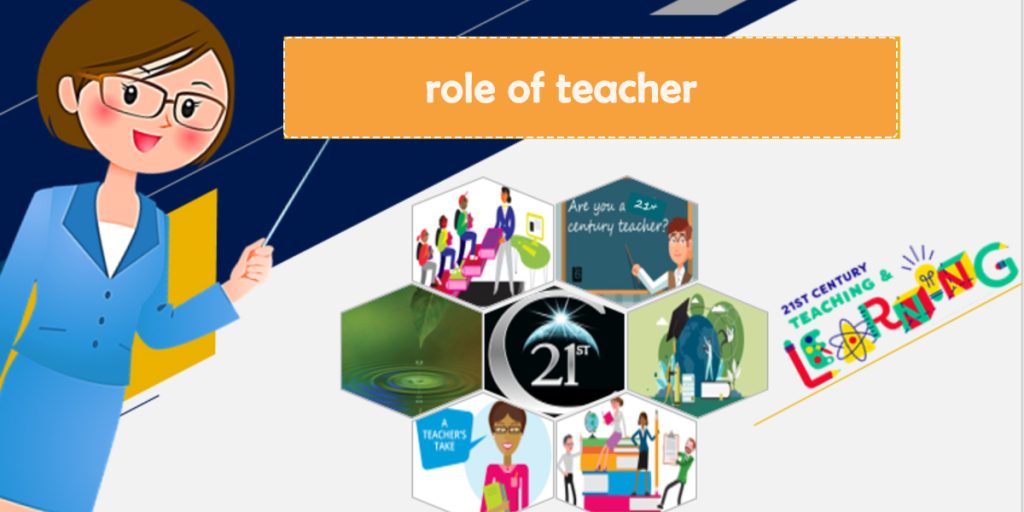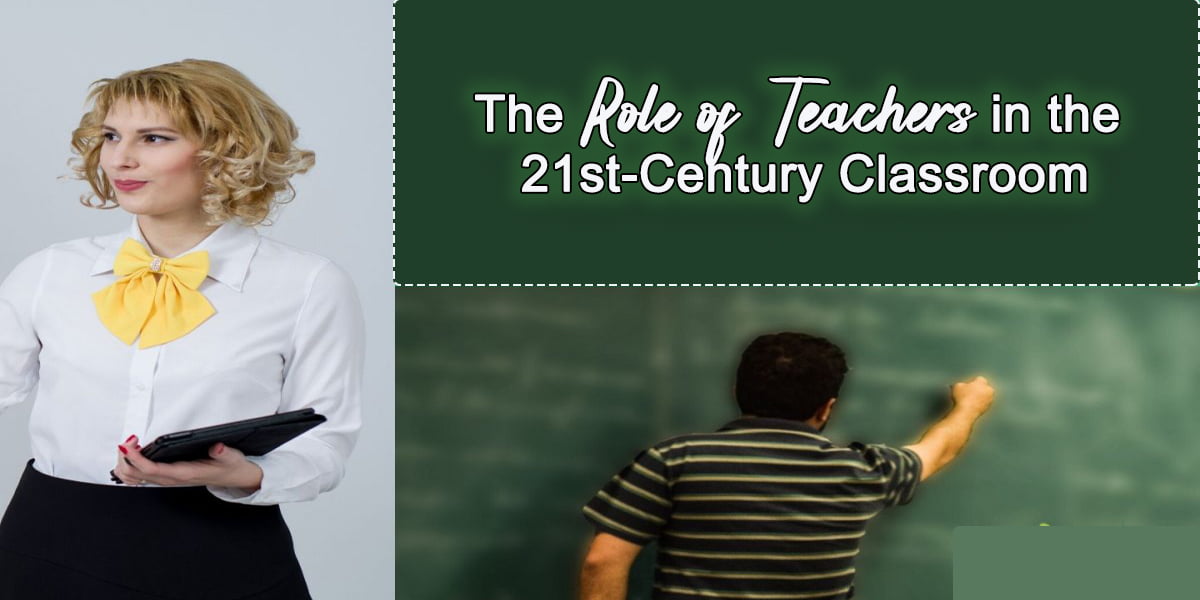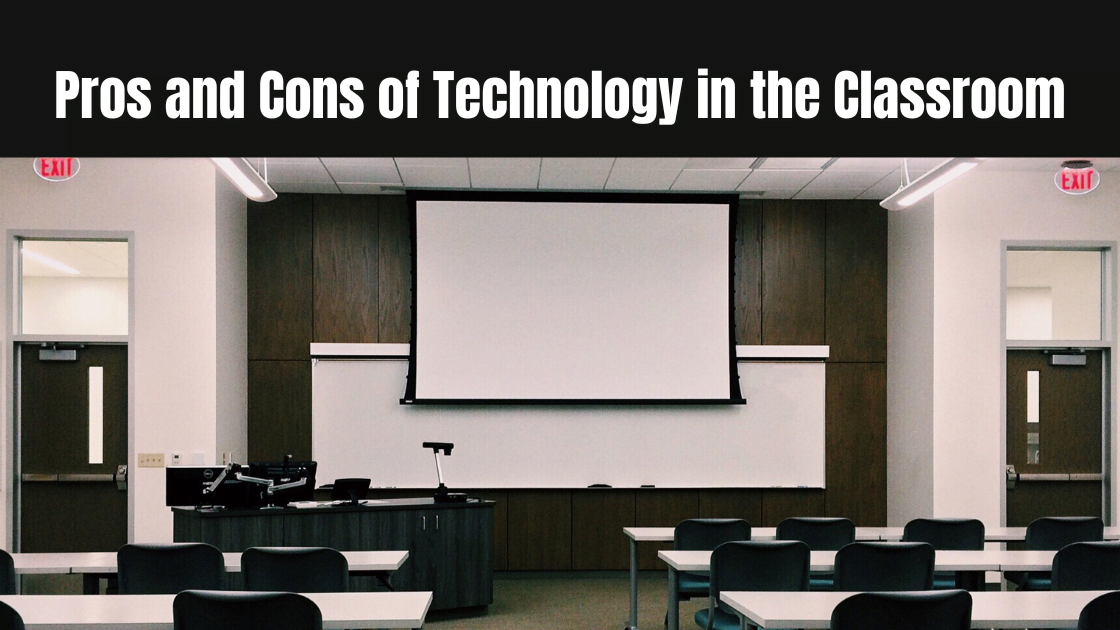In the 21st-century Classroom, the role of teachers has evolved beyond traditional teaching methods. Today’s teachers expect to be more than just subject matter experts. They must now be facilitators, mentors, and guides who create a positive and engaging learning environment for their students. In this article, we will discuss the importance of teachers in the 21st-century Classroom and how they can contribute to the success of their students.
Importance of Teachers
As we enter the 21st century, the role of teachers is more important than ever. They prepare our children for an ever-changing and increasingly complex future. They must adapt to new technologies and teaching methods while maintaining the highest standards of excellence. Our teachers face the challenge of preparing our students for jobs that don’t exist yet. They must be able to teach them the skills they need to be successful in a rapidly changing world.
The 21st-century Classroom is quite different from just a few years ago. Technology has changed the way we learn and the way we access information. Teachers must be able to use these new tools to their advantage and help their students learn most effectively. The standards for education are also higher than ever before. It competes in the global economy. Students must be able to meet the challenges of the 21st century. Teachers play a vital role in helping them reach these standards.
Responsibilities of a teacher
The responsibilities of a teacher in the 21st-century Classroom are constantly evolving. As technology and society change, so must the teacher’s role. Teachers must be adaptable and able to meet the needs of their students. With the advent of modern technologies, teachers need to be able to use them to engage their students. It might mean incorporating digital tools into lessons, using social media to connect with students outside of class, or even just being open to using modern technologies as they come about. In a world where information is constantly at our fingertips, it’s more important than ever for students to develop critical thinking skills. Teachers can help students learn to question information, think critically about their learning, and connect to the real world. Get to know about Tips on How Teachers Can Stay Focused, Healthy & Happy.
Learning Environment
One of the essential roles of teachers in the 21st-century Classroom is to create an engaging learning environment. In the past, the classroom was where teachers lectured, and students listened. However, today’s students are more tech-savvy and have grown up with access to vast information. Teachers must create an environment where students can collaborate, think critically, and apply their knowledge to real-world situations. Teachers must understand their students’ needs and interests to create an engaging learning environment. They must design relevant, challenging, and meaningful lessons for their students. They must also use various teaching strategies, including technology, to keep students engaged and motivated.
Facilitating Learning
In the 21st-century Classroom, teachers must also function as facilitators of learning. They must help students acquire the knowledge, skills, and attitudes necessary to be successful in the 21st century. It requires teachers to be flexible, adaptable, and able to work collaboratively with their students. To facilitate learning, teachers must first establish clear learning goals and objectives. They must then design lessons that are aligned with these goals and objectives. They must use various instructional strategies to meet the diverse needs of their students. Teachers must also provide timely feedback and assessment to help students monitor their progress and adjust as needed.

Mentoring and Guiding
Another important role of teachers in the 21st-century Classroom is to act as mentors and guides. Students need more than just academic knowledge to be successful in the 21st century. They also need social-emotional skills, such as resilience, empathy, and self-regulation. Teachers can help students develop these skills by acting as mentors and guides. Teachers must establish positive relationships with their students to be effective mentors and guides. They must create a safe and supportive learning environment where students feel comfortable sharing their thoughts and feelings. Teachers must also model positive behaviors and attitudes and provide opportunities for students to practice these skills.
Preparing Students
Ultimately, the role of teachers in the 21st-century Classroom is to prepare students for the future. Today’s students will face challenges and opportunities we cannot imagine. Teachers must help students develop the knowledge, skills, and attitudes necessary to succeed in an ever-changing world. Teachers must first understand the workforce’s needs to prepare students for the future. They must design lessons aligned with the skills and competencies required for success in the 21st century. Teachers must also use technology to enhance learning and prepare students for the digital age.
Conclusion
The role of teachers in the 21st-century Classroom has evolved beyond traditional teaching methods. Today’s teachers must create an engaging learning environment, facilitate learning, function as mentors and guides, and prepare students for the future. By fulfilling these roles, teachers can contribute to the success of their students and help them achieve their full potential.




